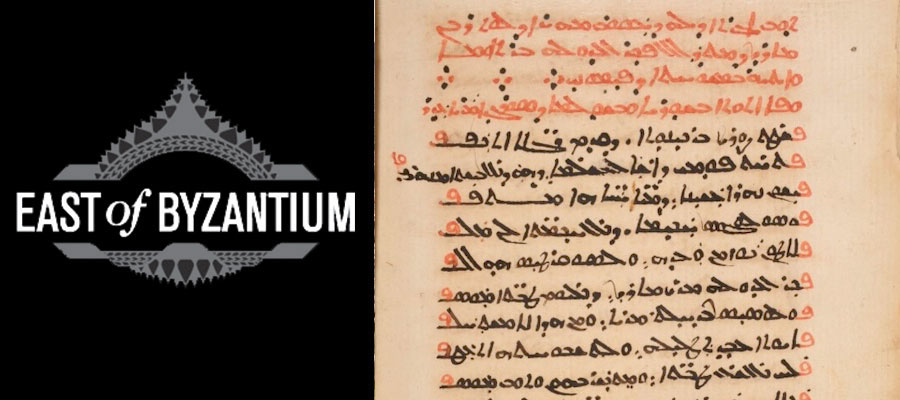Poetry has long been recognised as a key genre in Syriac literature. The metrical homily is among the earliest sites of theological exposition in the Syriac tradition. My paper will trace developments in Syriac poetry between the 9th and 13th centuries to understand how the genre evolved into a form of scholarly exchange within and across the Syriac churches. I argue that Syriac poetry often functioned as an elite means of communication. In addition to being an important vehicle for ideas, the genre opens a window onto the intellectual and cultural milieus of its authors and other educated members of their communities.
The earliest Syriac poems about individuals tended to focus on Biblical characters and saintly figures. However, by the 9th century, we begin to see the emergence of praise poetry, particularly in the oeuvre of the West Syrian David bar Pawlos, whose panegyrics were addressed to people he knew. In later centuries, the genre continued to develop in new and interesting ways. East Syrian writers, such as John bar Zōʿbī (fl. early 13th century) and ʿAbdīshōʿ bar Brīkhā (d. 1318), tended to use verse in praise of their bishops and patriarchs—a convention often referred to as qullāsā d-parṣōpā (lit. ‘praise of the person’). Such poems often prefaced metrical treatises on learned subjects such as the computation of feast days, philosophy, and Christology. Poetry could also be deployed outside ecclesiastical contexts, as occurs in Jacob bar Shakkō’s (d. 1241) encomia to Fakhr al-Dawla and Tāj al-Dawla, two scions of the influential Ibn Tūmā family of late Abbasid Baghdad.
Syriac praise poetry takes a decidedly Islamicate turn in the later 13th century, due to contacts with a range of Arabic literary genres including madīḥ (panegyric), khamriyyāt (wine song), and ikhwāniyyāt (poems of brotherly love). This is best exemplified in Gregory Barhebraeus (d. 1286), who wrote several poems expressing love, admiration, and longing for various individuals. Barhebraeus also employed verse in scholarly exchanges with contemporaries, in what might be termed ‘epistolary poems.’
This lecture will take place live on Zoom, followed by a question and answer period. Please register to receive the Zoom link.
An East of Byzantium lecture. EAST OF BYZANTIUM is a partnership between the Mashtots Professor of Armenian Studies at Harvard University and the Mary Jaharis Center that explores the cultures of the eastern frontier of the Byzantine empire in the late antique and medieval periods.
